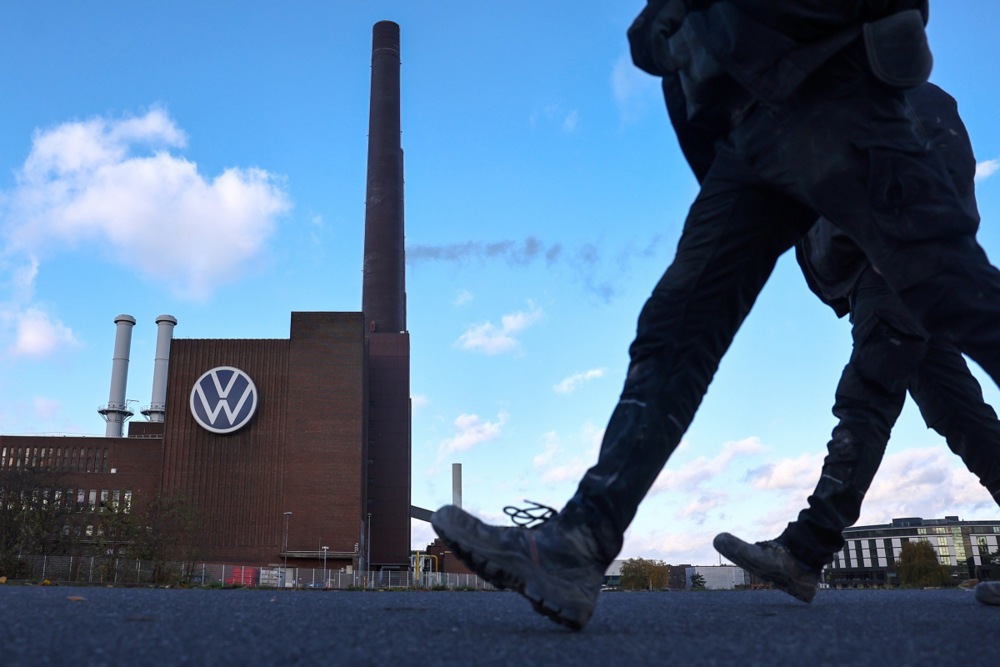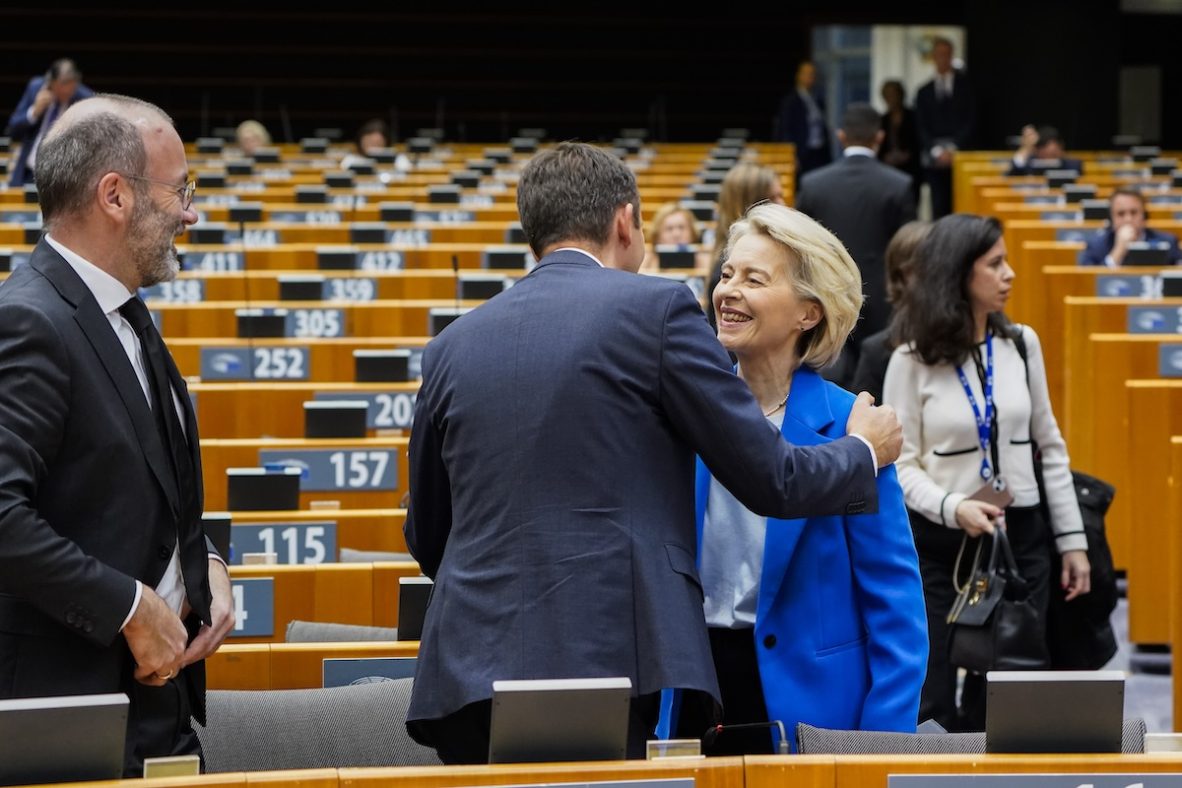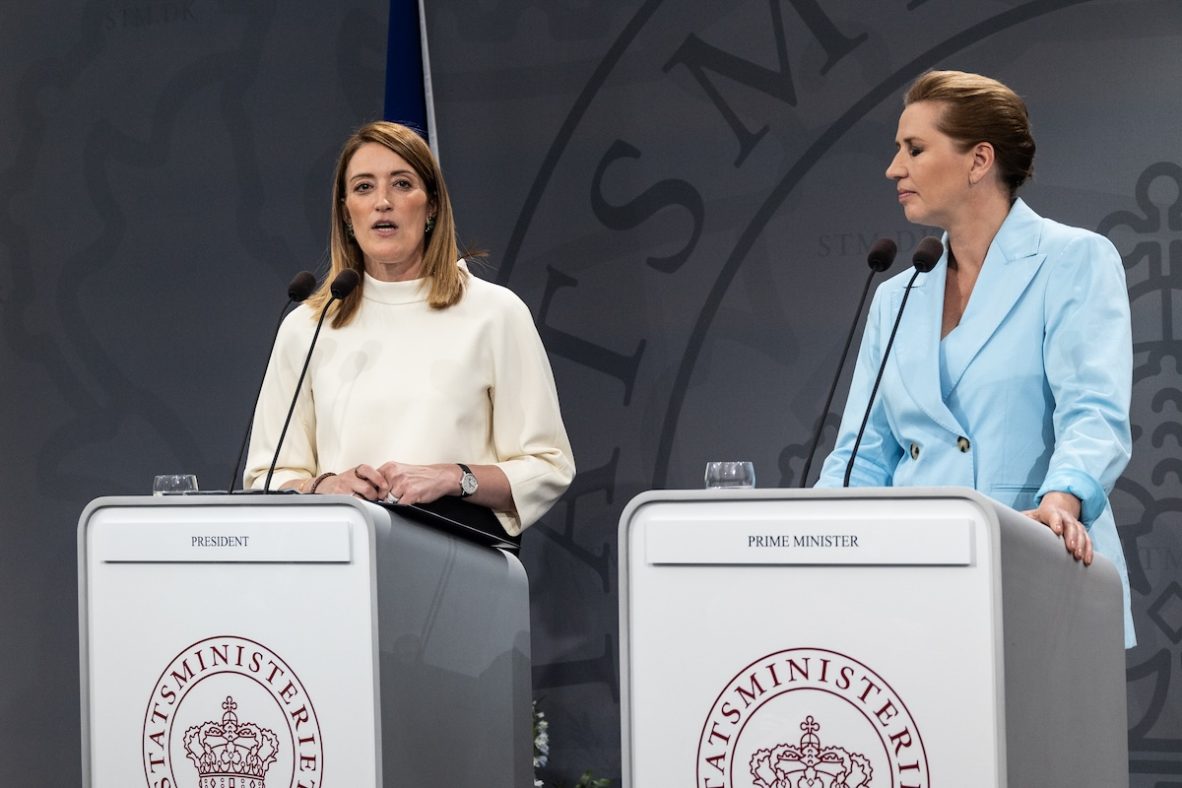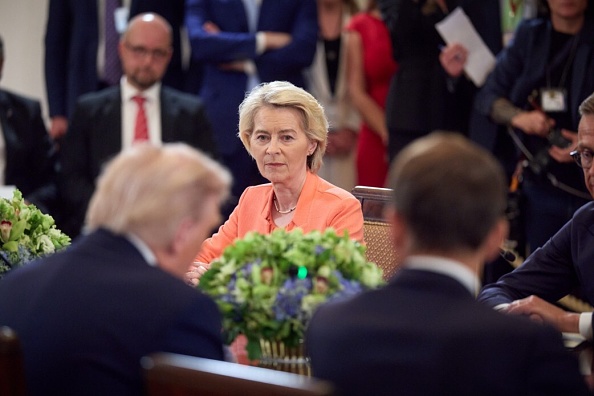‘Deindustrialisation is a reality’, warns EU industry group leader
“Deindustrialisation is a reality, and de-Europeanisation is part of that equation," said Anthony Gooch Gálvez, secretary general of the European Round Table for Industry.

EU policymakers must urgently enact measures to address the “reality” of Europe’s ongoing deindustrialisation, the head of one of Europe’s leading industry lobbies warned on Tuesday (3 December).
Anthony Gooch Gálvez, secretary general of the European Round Table for Industry (ERT), said that recently announced closures at German auto and steel plants demonstrate that industry executives are increasingly finding Europe an unattractive place to invest—a process he referred to as the “de-Europeanisation” of the global economy.
“The reputation of the EU as the place to do business has deteriorated to the point that CEOs of leading European companies are having to defend their investment decisions in their own home markets vis-à-vis their global investors,” he told the European Parliament’s Committee on International Trade (INTA).
“Deindustrialisation is a reality, and de-Europeanisation is part of that equation. So we need to move really fast,” he added.
Echoing recent business narratives, Gooch Gálvez said that the problems afflicting EU industries include an “overly complex regulatory environment”, an insufficiently integrated single market, and an EU competition policy that limits companies’ ability to scale up and invest.
He called on policymakers to be “much more ambitious and effective in opening markets” in third countries to boost EU firms’ exports and access to critical raw materials.
In a thinly veiled reference to China, he noted that Brussels should also “actively address market-distorting policies…to maintain and restore a level playing field”.
Gooch Gálvez’s comments come amid a deepening economic and industrial crisis across the EU—especially in Germany, the bloc’s largest economy and traditional manufacturing powerhouse.
According to the European Commission’s latest forecast, the EU economy is set to grow by just 0.9% this year, with Germany predicted to contract by 0.1%. By contrast, the US economy is expected to expand by 2.7%.
Clean energy subsidies
According to an official draft schedule seen by Euractiv, Commission President Ursula von der Leyen’s plan for a “Clean Industrial Deal” to reboot Europe’s faltering industrial base will be unveiled by executive vice presidents Teresa Ribera and Stéphane Séjourné at the end of February.
James Watson, the recently appointed Director General of Eurometaux, which represents non-ferrous metal producers across the bloc, said that any such deal should include heavy subsidies for EU industries.
“When we talk about clean industrial deals, all around the world, people are doing things that we don’t do here,” he told the INTA committee alongside Gooch Gálvez on Tuesday.
“[In China and the US] money goes directly to processing plants. That is not the case in Europe… We need that kind of tool if we are going to be able to be competitive,” he added, pointing to the fact that energy prices in the EU are currently four times higher than in the US.
[Edited by Anna Brunetti/Alice Taylor-Braçe]









